One of the most dominant names in Manx brewing history, Okell’s is celebrating its 175th anniversary this year.
Okell’s can trace its roots back to 1850 when Dr William Okell, a Lancashire surgeon and apothecary, took over the role of brewery manager at Dutton’s Brewery at Castle Hill.
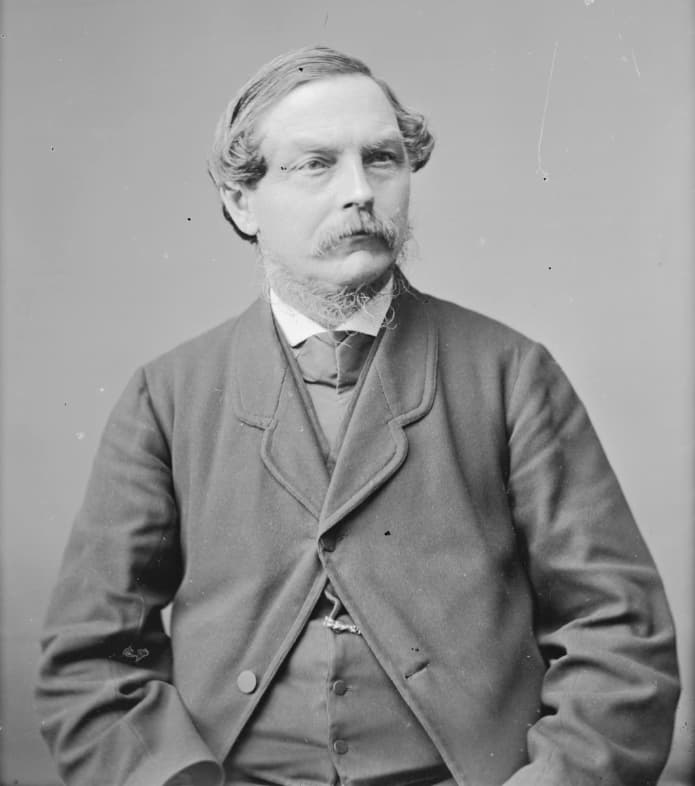
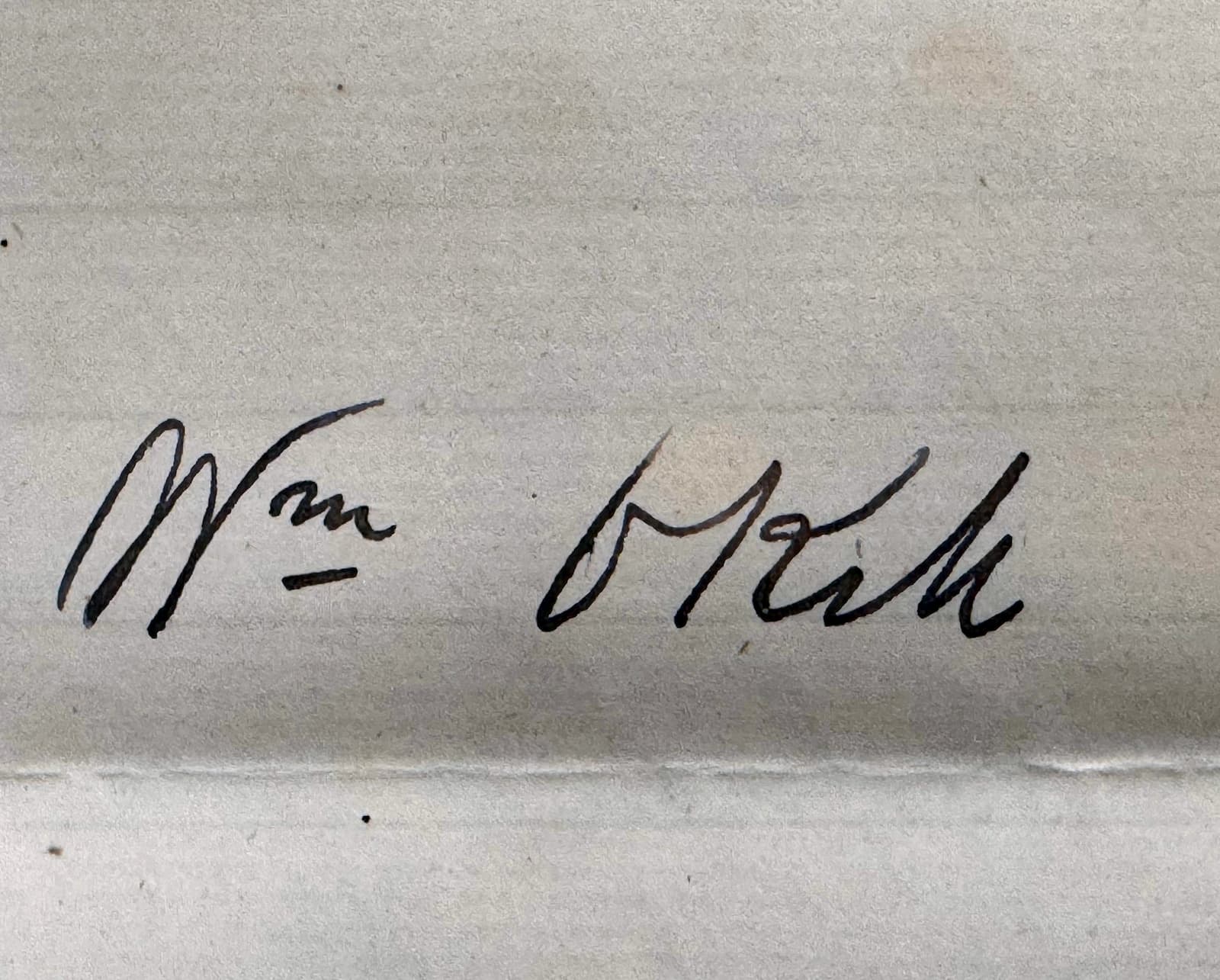
A shrewd businessman as well as physician, Dr Okell had been active in purchasing and mortgaging land in Douglas since the mid-1840s to fund his brewing interests and soon formed plans for establishing his own brewery at Falcon Cliff in Douglas.
At the time, the Isle of Man was home to a multitude of small breweries who brewed and sold their ales on a very local basis but Dr Okell was a man of ambition. He built the Falcon Brewery to a new patented steam design that had been displayed at the Great Exhibition at Crystal Palace in London in 1851.
Perhaps because of his medical background, Dr Okell was a keen proponent of the Manx Brewers Act, otherwise known as the Pure Beer Act, which set out the rules that beer in the Isle of Man should be made only of hops, malt, sugar and water. In an age where adulteration of food and drink was common, the Act was a useful protection and ensured that Okell’s ales were “of the purest quality”, a description that is still applied today.
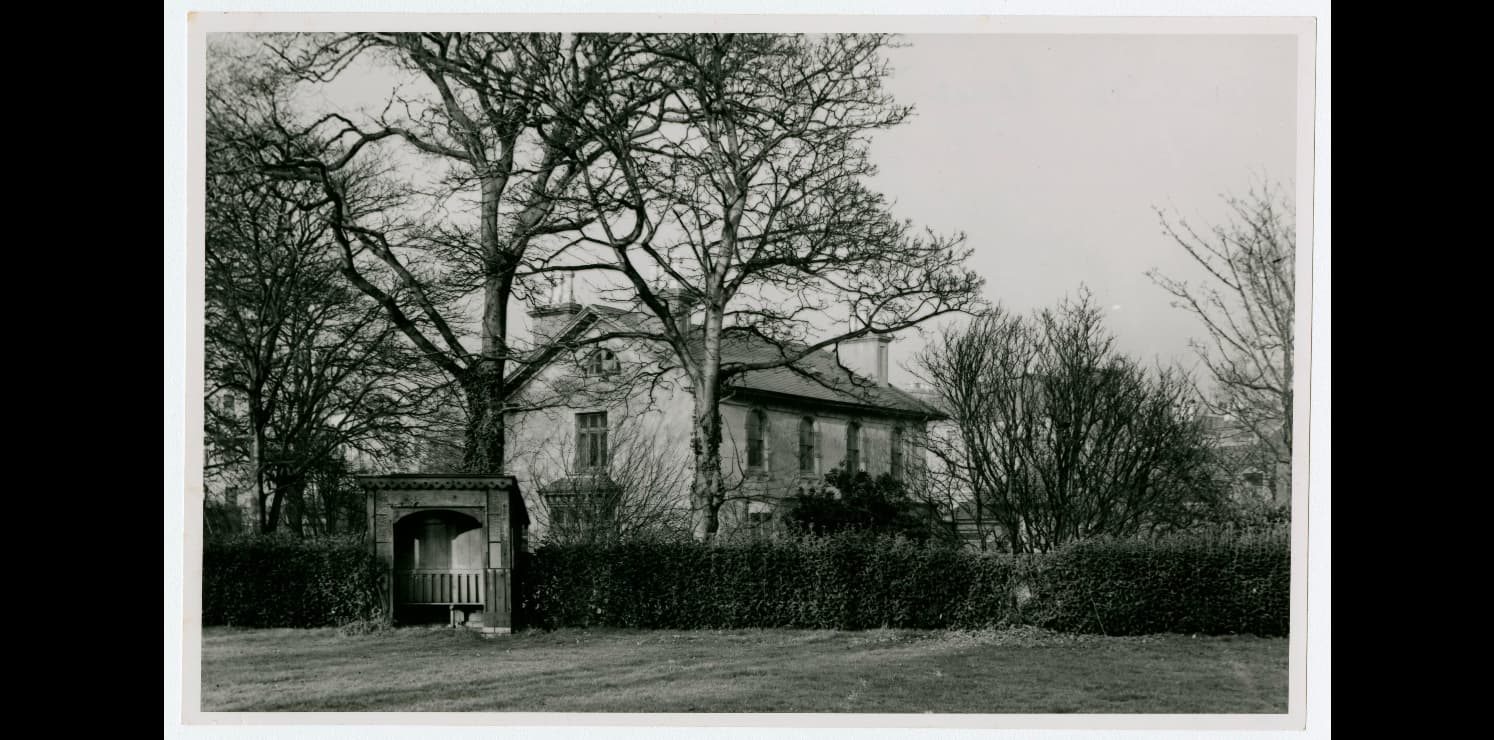
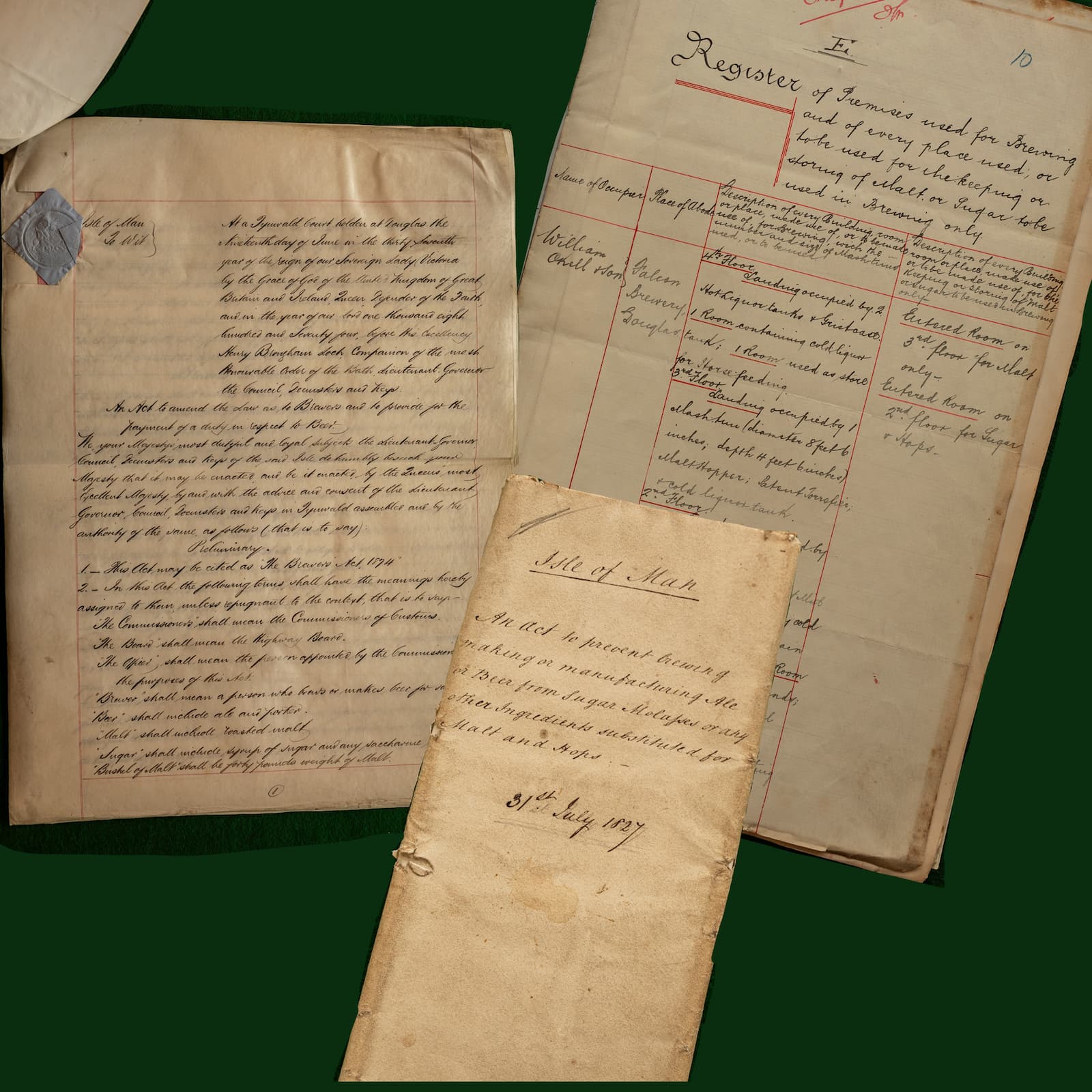
This position did not exclude Dr Okell from suspicion though and after the Falcon Brewery was opened he was forced to publish a statement in the local press explaining that the word “patent” had no sinister meaning and was merely “the substitution of Steam Pipes in lieu of Furnace Heat, thereby.” insuring cleanliness and total absence of the burnt flavour and acrid bitter so often complained of by the public
The Falcon Brewery underwent its first expansion in 1857 and negotiated a number of tied arrangements with licensed premises, a policy it continued to follow over the years which ensured regular business and a ready market for its ales. By 1871, Dr Okell’s eldest son, also called William, was established in the business and another son, Douglas, sent to Liverpool to manage a brewing venture in Liverpool.
Back in the Isle of Man, Dr Okell constructed a new building for the Falcon Brewery, next to his home on land just off Derby Road in Douglas. This came into operation in 1876.
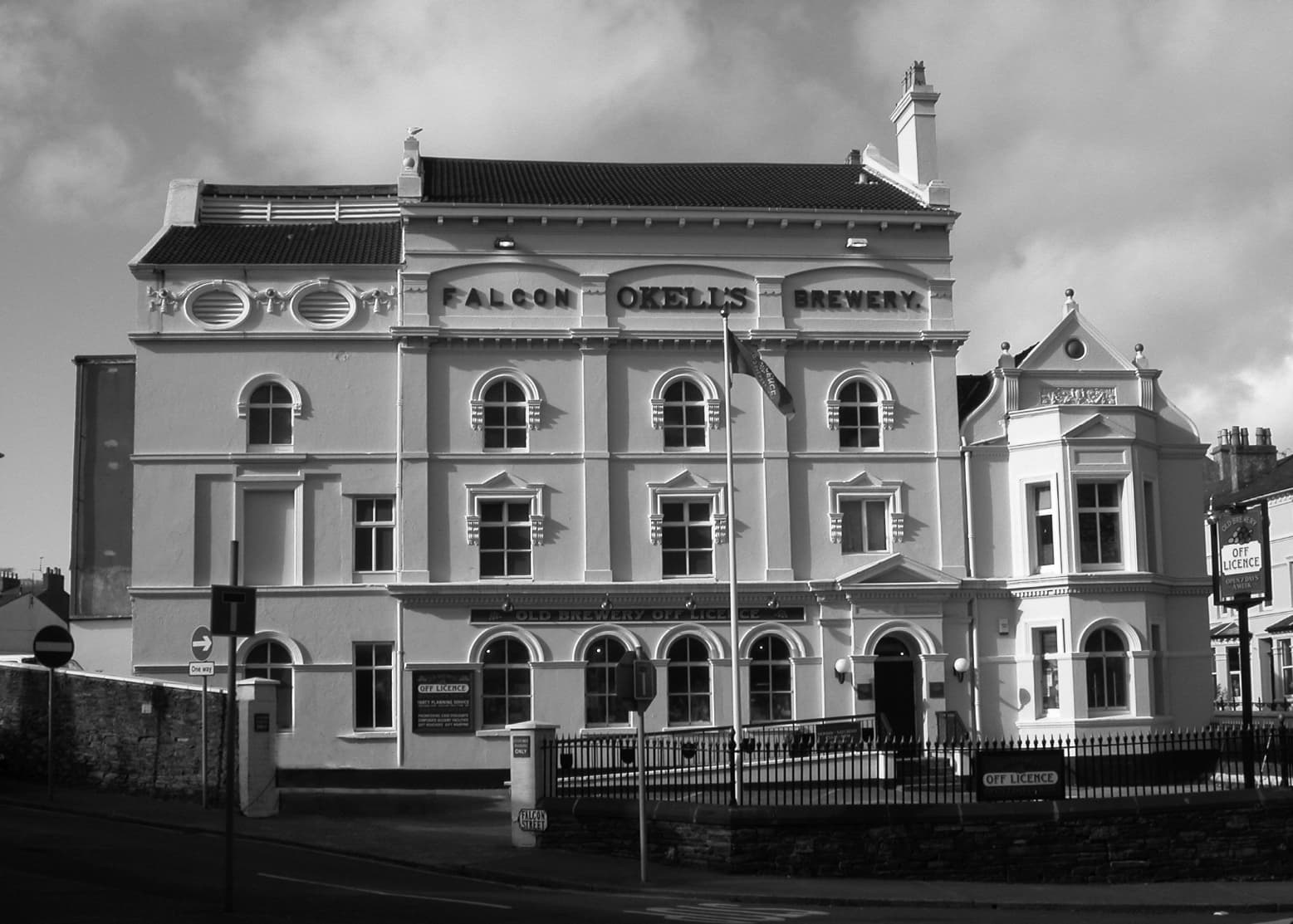
Whilst Dr Okell passed away in 1892, aged 73, his tactical business moves and dedication to adopting the best brewing techniques ensured his brewery survived the ups and downs of the Manx economy including the boom (and subsequent collapse) of the Victorian tourist trade from the north-west of England, higher duties, competition from the UK and the increasingly vocal temperance movement.
Okell’s also survived the notorious Dumbell’s bank crash of 1900 which took out a number of other brewers who had also unwittingly played a part in the bank’s downfall by forming a speculative amalgamation known as Isle of Man Breweries that failed to attract the funding required to keep it afloat.
The early 1900s saw the start of a symbiotic relationship between Okell’s and Heron & Brearley, a wine and spirits merchant, when the two began to jointly invest in tied houses for their respective drinks. This would the beginning of a lasting connection.
Attempts by English brewers to get a hold on the Isle of Man brewing market were curtailed by the outbreak of World War One when supplies from the UK were severely restricted. Okell’s meanwhile continued to depend on its strategy of working forging alliances with higher end and well-located establishments, even though production was down.
Perseverance with this approach paid off and Okell’s continued to thrive despite a resurging temperance movement and increased duties. William Henry Okell, Dr Okell’s son, died in 1927 but the family maintained its interest in the business through his own children, Alfed and Ada, and a trustee.
In 1932, Okell’s installed an automated bottling plant to take advantage of the growing demand for bottled ales and a variation in their licence in 1933 allowed them to offer ales to the emerging take-home market as well. Records show that in 1939, Okell’s brewed 6,443 36-gallon barrels of beer.
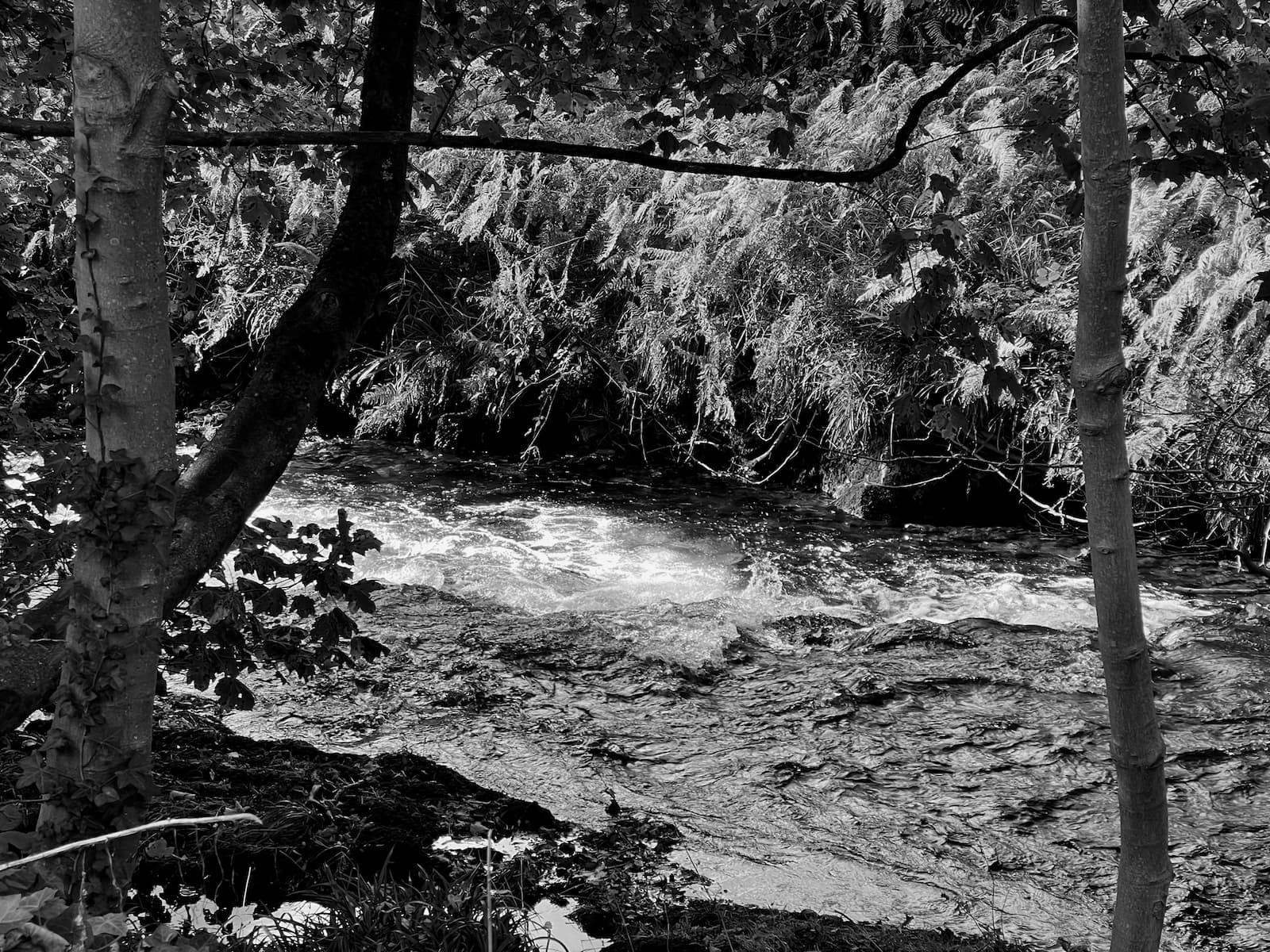
World War Two saw another significant drop in visitors to the Island that was partly offset by the setting up of internment camps and a two-hour war time extension on opening hours. Okell’s continued to trade profitably but in 1945 the deaths in quick succession of the brewer, cashier and company secretary led to a crisis which saw Alfred Okell approach Heron & Brearley to negotiate a takeover.
Heron & Brearley duly acquired Okell’s Brewery and further invested in the Falcon Brewery’s capacity with new equipment in 1946 and the introduction of a new stronger beer called Amber Ale.
In 1948 Dr Okell’s home next to the brewery was demolished to make way for road improvements to Broadway (although the garden had already been given in perpetuity by Dr Okell’s widow to Douglas Corporation for the benefit of the public and still remains a public garden today). Further development in the following decades was complicated by objections from local residents as Douglas town had grown significantly since the brewery was first constructed.
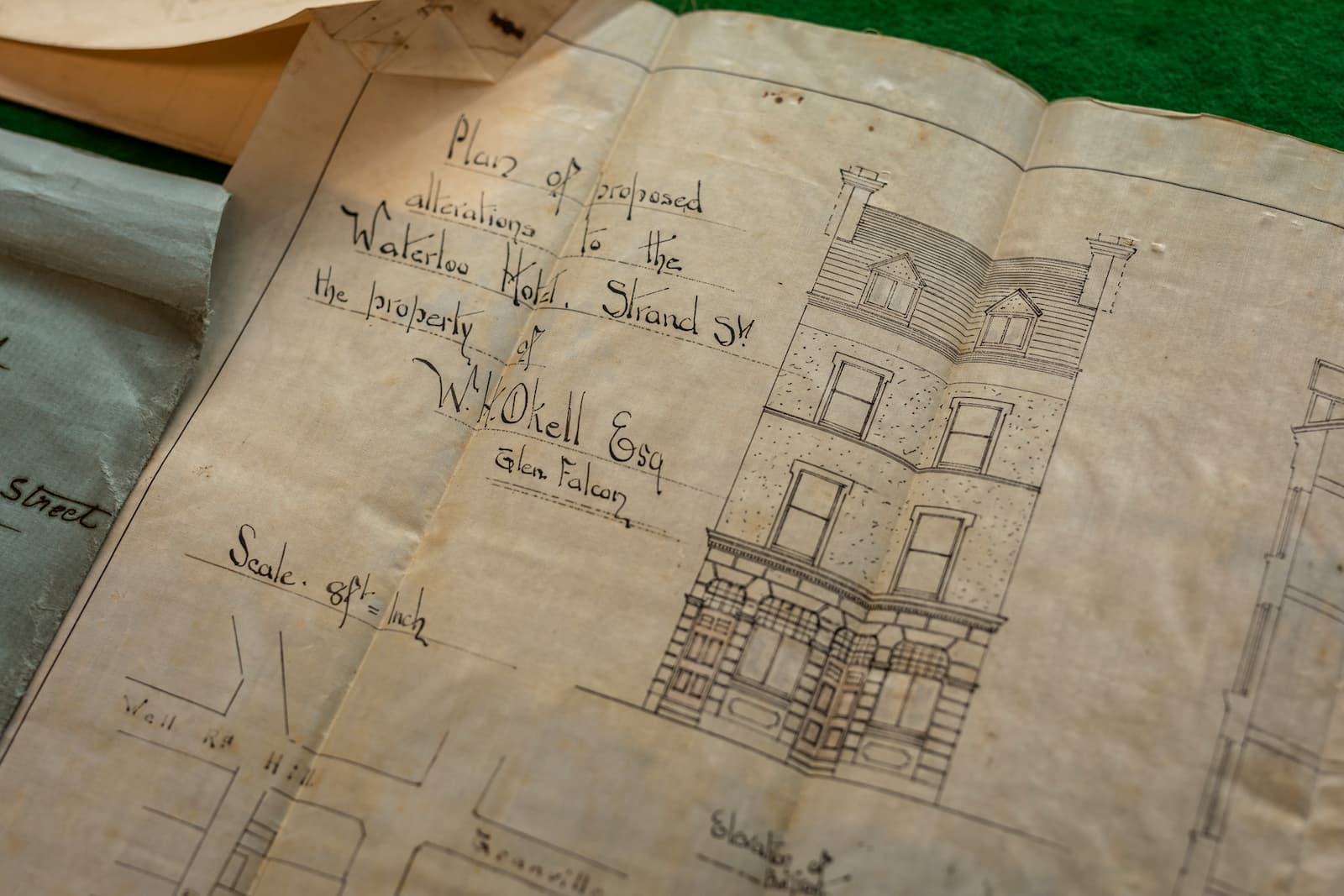
However improvements continued and, in August 1972, a new automated bottling plant was installed which could fill 1500 bottles per minute. This was formally opened by Lieutenant Governor Sir Peter Stallard and a special brew named Governor’s Ale was produced to mark the occasion. Further special brews were produced to mark the Millennium of Tynwald in 1979 and the wedding of Prince Charles to Lady Diana Spencer in 1981.
The brewery survived two fires in the 1970s and also adapted to take over production from Castletown Brewery after Heron & Brearley’s acquisition of its rival in 1986. But scope for further development was limited and pressure was also on Heron & Brearley’s original premises at Drumgold Street leading to a decision to consolidate all the company’s interests on a new site at Kewaigue, on the outskirts of Douglas.
The new purpose built offices and production centre at Kewaigue was opened by Chief Minister Miles Walker in January 1996 and gave Okell’s a new lease of life, giving it the ability to brew lager as well as to more easily produce seasonal or special commemorative brews.
Today, 175 years after Dr Okell’s first began brewing in earnest, Okell’s still honours his commitment to producing top quality ales in accordance with the Manx Pure Beer Act.

